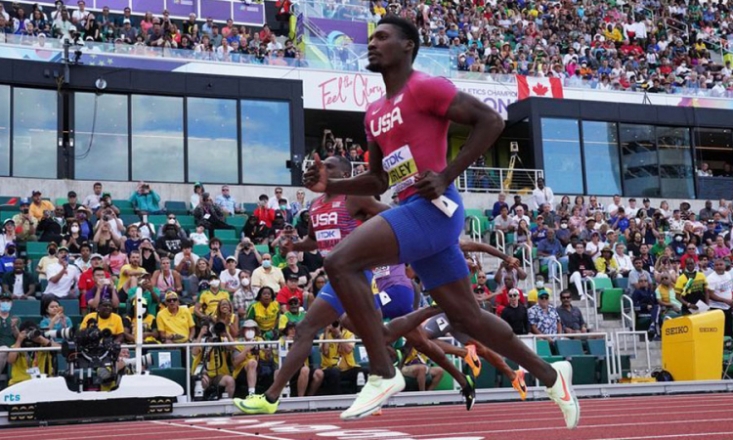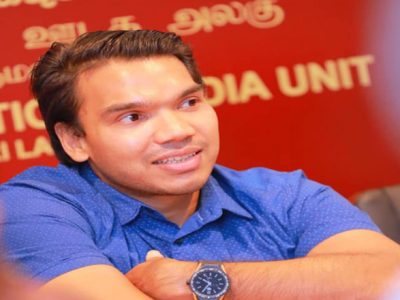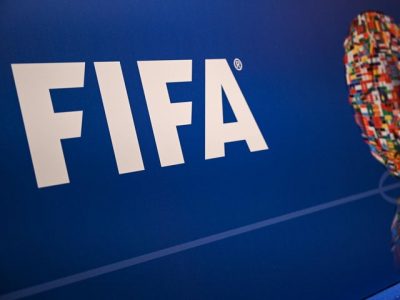(LANKAPUVATH | COLOMBO) – When Fred Kerley was a young boy, sleeping on a pallet with 12 other kids in a single room in Texas, he would dream of travelling the world. Instead, on a night of impossible drama in Eugene, he conquered it.
In the final desperate strides of the world 100m final, Kerley instinctively stuck his chest out and thrust his arms back like an aerodynamic Super Man. As he did so, his compatriots Marvin Bracy and Trayvon Bromell were straining, flailing, losing form. It made all the difference as Kerley somehow got up to claim gold in 9.86, with Bracy taking silver and Bromell bronze both in 9.88.
Rana Reider, Arnhem, Netherlands – 18 Dec 2014<br>Mandatory Credit: Photo by Hollandse Hoogte/Shutterstock (12585948c) Rana Reider Rana Reider, Arnhem, Netherlands – 18 Dec 2014
Under investigation sprint coach apprehended and cautioned in Eugene
It was the first American clean sweep of the men’s 100m podium since Carl Lewis, Leroy Burrell and Dennis Mitchell in 1991. But by the time the stadium announcer had confirmed the result, and the crowd had started to chant ‘U-S-A! U-S-A!’ Kerley was halfway down the back straight, deliriously celebrating one of sport’s great rags to riches tales.
The bare bones of the 27-year-old’s story would have been rejected by a Hollywood scriptwriter for stretching the boundaries of the impossible. At two his dad was in jail and his mum was absent too. And so his aunt Virginia adopted him, raised him in Taylor, a small city 30 minutes outside Austin, and encouraged him to soar.
“Me and my brother and sisters got adopted by my Aunt Virginia,” he said after the race. “We had one bedroom. There were 13 of us in one bedroom. We were on the pallet. At the end of the day, we all had fun, we enjoyed ourselves and are doing great things right now.”
“What motivates me is coming from what I come from and not being in the same predicament,” added Kerley, who has the words ‘Aunt’ and ‘Meme’ – his pet name for her – tattooed inside his biceps. “Keep on accomplishing great things. You don’t want to be in the same position as you were when you were younger.”
Along the way there have been many sliding doors moments. Kerley only pursued sprinting after breaking his collarbone in the last football game of his high school career in Texas. And until 2019 he was a 400m runner, good enough to win a bronze medal at the world championships, until switching to the 100m and 200m when his ankles were sore at the 2021 US Olympic trials.
In Tokyo he won a silver medal just 0.04 behind Marcell Jacobs, but that only left him with a burning sense of what might have been. For the past 11 months, Kerley hasn’t been able to stop himself from shouting “push” at his image whenever he watches back the final. This time, though, he was able to dig deeper and time his push to perfection.
“I saw Bracy in front of me,” he recalled. “He dipped early. I dipped at the right time and got the job done. It’s amazing to get a clean sweep, the greats did in 1991 and the greats of 2022 did today.
It helped, of course, that Jacob was missing from the final, having suffered a leg injury in the heats. While the Tokyo bronze medallist, Andre De Grasse, has looked a shadow of his former self in Eugene after injuries and Covid. But Kerley, like he has done so many times in his life, seized the day.
But everyone on the medal podium in Eugene had a story that deserved to be heard. As a 20-year-old, for instance, Bracy was talented enough to win a world 60m indoor silver medal, before chancing his arm in the NFL – only to later breaking it in his first game in a developmental league in 2019.
“I made the decision right then and there to come back to track,” explained Bracy, who had spells at the Indianapolis Colts and Seattle Seahawks. His silver medal also came despite an appendix rupture and an intestinal blockage, which has left him with eight staples from his belly button down to his pelvic area.
And Bromell? Well, he spent close to $300,000 between 2016 to 2019 in the bid to repair a career-threatening Achilles tendon injury after being wheeled out of the Rio Olympics. In 2018 things got so bad he even wrote a draft letter to his agent saying he was going to retire. Now he has a bronze medal around his neck.
“It’s hard to wake up sometimes, man,” he said. “In practice my ankles be cracking, hips be cracking. I sound like an old man. But nights like this make it all worth it.”
In another era, these stories would be shouted from the hilltops. Nowadays the lingering fear is over whether enough people are prepared to listen. Even in Eugene, which bills itself as Tracktown USA, the 15,000-seater stadium was maybe only 80% full.
But there is still time for that to change, especially if Kerley can create further noise by winning more medals in the 200m and 4x100m relay later in the week. It helps too that he is quite the renaissance man, with tattoos across his body and a love of growing veg.
“My crops are actually doing good,” he said, smiling. “Before I left, I cut some squash off. I ate spinach out of the garden and it is amazing,” he said, before slapping his left biceps.
And athletics’ new Popeye also has a wider message of hope to warm the soul. “I feel everybody is a role model to somebody,” he said. “For me, I feel like I have been a role model to a lot of people from junior college. Every day a bunch of youths are looking up to me. If I can do it, they can do it.”




